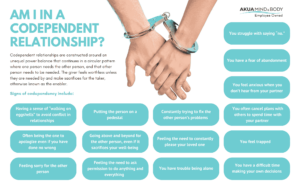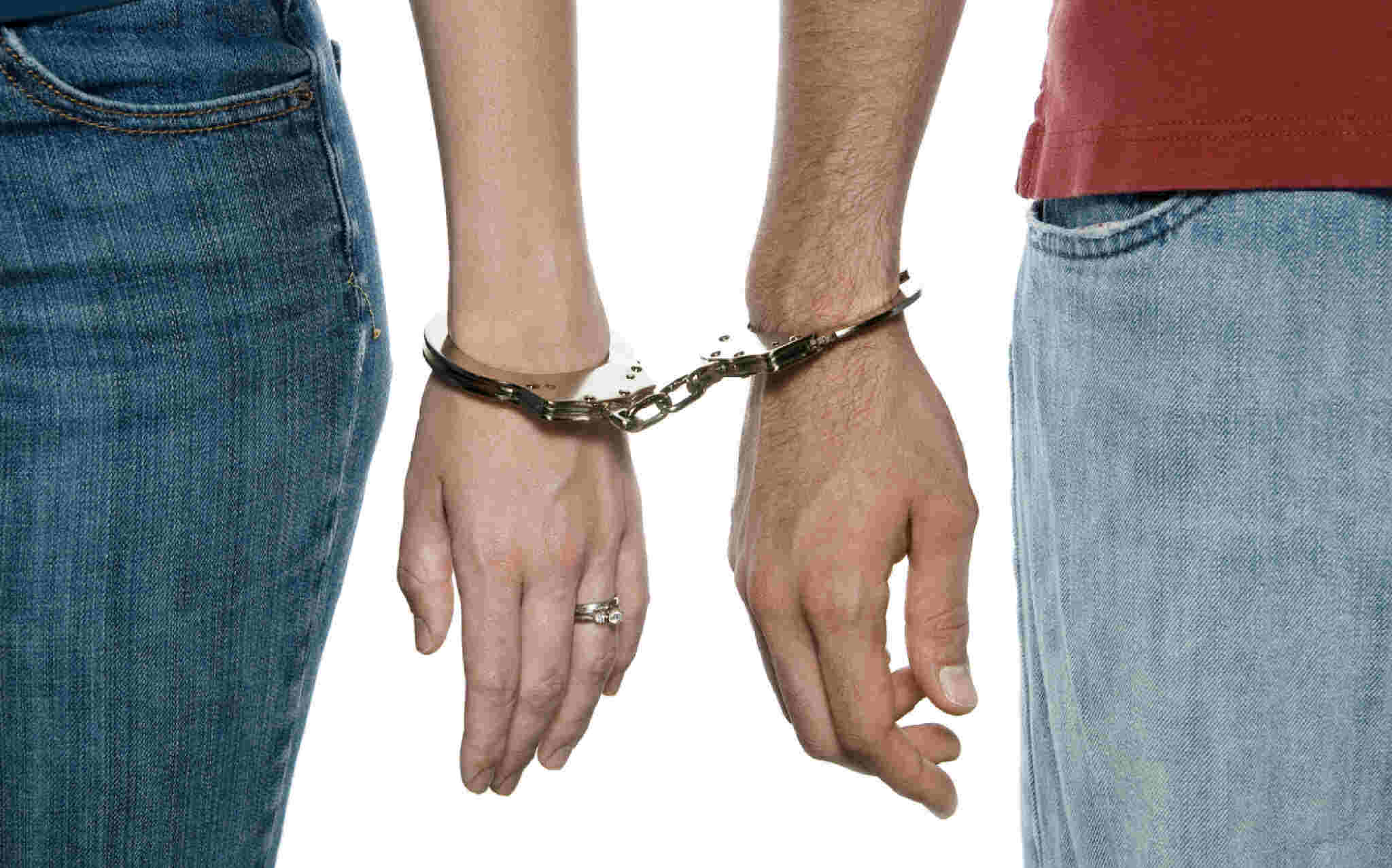Do you constantly find yourself putting your needs last in a relationship? Do you sacrifice your own happiness while trying to please others? Do you feel like your life cannot exist without a loved one?
If so, you may be experiencing the toxic effects of a codependent relationship. Codependency breeds toxicity and vice versa, often meaning that codependency relationships are toxic, and experiencing a codependent relationship in childhood may result in a perpetual cycle of toxic relationships in adulthood. In general, when we think of toxic relationships, we often think of the other individual displaying harmful behaviors; however, toxicity can manifest in a number of ways, one being through codependency.
If you or someone you know is struggling with codependency, different types of therapy with a mental health professional can help you navigate your way to a healthier relationship with yourself. One of the first steps to seeking help is recognizing that you have been in the past or are currently in a codependent relationship. Signs of codependency can be difficult to recognize.
Am I in a codependent relationship?
Codependent relationships are constructed around an unequal power balance that continues in a circular pattern where one person needs the other person, and that other person needs to be needed. The giver feels worthless unless they are needed by and make sacrifices for the taker, otherwise known as the enabler. Codependency is unhealthy because your identity is contingent upon someone else. You sacrifice your own happiness, have a poor concept of self, and exercise poor boundaries.
Codependent relationships can exist between romantic partners as well as family members, the most common being parent and child. Codependency is not a mental health disorder or diagnosis, nor is it a personality disorder, but it does incorporate different aspects of attachment styles early on in childhood.

Signs of codependency include:
- Having a sense of “walking on eggshells” to avoid conflict in relationships
- Often being the one to apologize even if you have done no wrong
- Feeling sorry for the other person
- Putting the person on a pedestal
- Going above and beyond for the other person, even if it sacrifices your well-being
- Feeling the need to ask permission to do anything and everything
- Constantly trying to fix the other person’s problems
- Feeling the need to constantly please your loved one
- You have trouble being alone
- You struggle with saying “no.”
- You have a fear of abandonment
- You feel anxious when you don’t hear from your partner
- You often cancel plans with others to spend time with your partner
- You feel trapped
- You have a difficult time making your own decisions
Codependency and addiction
Codependency is often common in relationships when one other person struggles with addiction to either alcohol or drugs. This is often evident in codependent parent-child relationships when the parent is struggling with addiction, and their child is trying to “save” them.
The term “codependency” was actually coined because of substance abuse and the toxic relationship that can occur if you are caring for your loved one with addiction. “It was used for defining distorted behavior due to having relations with an alcoholic, and during the mid-1980s, it was used for defining not only individuals in relation with substance abuse but also individuals with familial functional disorders and those who develop poor means of relations”.
Childhood trauma and codependency
One of the most common reasons for codependency stems from growing up in a dysfunctional or abusive family. Childhood trauma, whether neglect, early abuse, an oppressive family environment, or an over-controlling parent, can often leave the child feeling as if they did something wrong, and they don’t blame the parent but instead blame themselves. The child may feel scared to voice their opinion or lack any sense of self-identity. You believe that something is wrong with you from a young age and want to find a way to fill that void.
If you experienced abuse in your childhood, you may have blamed yourself and, as a result, developed codependent tendencies towards your parents as a coping mechanism to deal with your trauma. When your needs are unmet as a child, you may self-blame and try to compensate by doing things for others in order to attempt to gain praise, recognition, and appreciation. You may crave attention from your parents, try to “save them,” make excuses for their behavior, and try to take care of them. You may hide mom’s alcohol bottles so dad doesn’t find out or cook dinner for your siblings if mom doesn’t come home in an effort to receive praise and recognition. You may also develop an intense need for others to take care of you so you do not have to feel unsafe or alone. This can open up doors for further abuse as the person taking care of you may be abusive or manipulative.
Due to this childhood trauma, you may lack a sense of self-worth as you progress into adulthood and, as a result, may find yourself in codependent romantic relationships or codependent relationships with your elderly parents. Codependency becomes the way you function in life, and you may even become codependent with your own child. Maybe you cover up your child’s mistakes or poor behavior and do everything for them out of fear they may leave you. This cycle can continue for generations from one romantic relationship to the next until it is broken with the help of professional therapy.
To read more about how childhood trauma affects adulthood, click here.
Seeking help for codependency
Fortunately, there are steps you can take to free yourself from codependency. It is essential first to identify your codependent habits and try to understand how and why these developed. A therapist who has experience in trauma, codependency, and attachment disorders can help you recognize these unhealthy behavioral patterns, walk you through overcoming your past trauma, validate your feelings, and give you ways to cope with and let go of these unhealthy behaviors. You can also join a support group and take small steps to change by saying “no” to simple things.




